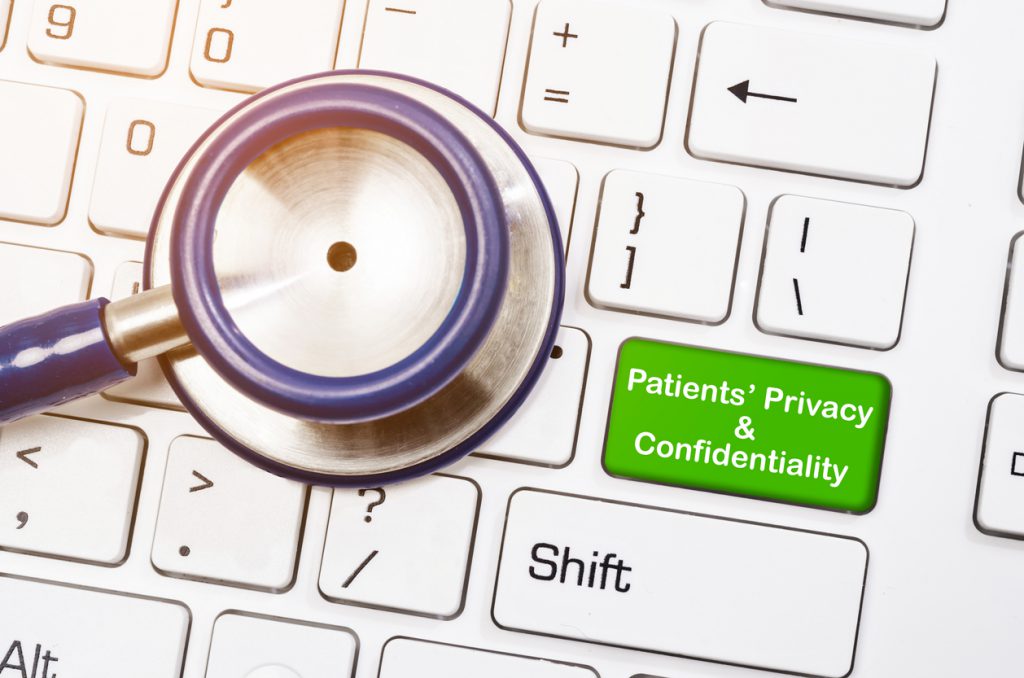In the age of digitization, marketing has seen an immense shift. But when it comes to healthcare, the stakes are even higher. How do directors and top-tier marketing experts ensure their digital strategies align with the stringent HIPAA privacy rules? And what risks do they face when they potentially violate HIPAA regulations? Dive in to uncover the intertwining realms of HIPAA and digital marketing.
The Essence of HIPAA Compliance in Digital Healthcare Marketing
HIPAA and Its Underlying Intent
The Health Insurance Portability and Accountability Act (HIPAA) isn’t merely a set of guidelines. It’s a framework crafted to protect the sensitive information of patients. PHI, or protected health information, is at the core of HIPAA. Any unauthorized disclosure or misuse can lead to dire consequences for both healthcare providers and marketers.
Walking the Tightrope: HIPAA-Compliant Marketing
Incorporating marketing efforts that are HIPAA-compliant means ensuring that every campaign, every strategy, and every digital move respects the sanctity of PHI. Whether it’s an email marketing blast about a new service or a broader marketing campaign, ensuring compliance with HIPAA is non-negotiable.
Healthcare Organizations and The Marketing Challenge
While healthcare marketing aims to inform and attract new patients, it also treads a fine line. Utilizing patient information, even in the most benign of marketing strategies, requires unwavering adherence to HIPAA marketing rules.
The Do’s and Don’ts: HIPAA Marketing 101
Not every marketing strategy used in other sectors is permissible for healthcare organizations. HIPAA privacy rules have clear dos and don’ts that dictate what’s acceptable and what might result in a breach.
Digital Tools: Assets or Liabilities?
Social media is a great platform for engagement, but using patient data on these platforms, even indirectly, might require special attention. Digital marketing efforts must be crafted with caution, ensuring that patient consent is always at the forefront.

Delving Deeper: HIPAA-Compliant Marketing in Action
Defining ‘Marketing’ in the HIPAA Context
According to the HIPAA privacy rule, marketing is defined as making “a communication about a product or service that encourages recipients of the communication to purchase or use the product or service.” Such communication requires patient authorization unless certain exceptions, like providing treatment advice, apply.
The Exceptions to the Marketing Definition
Marketing isn’t just about promotions. There are instances where communications aren’t deemed marketing under HIPAA. For instance, a hospital announcing new services or a health plan describing its benefits aren’t considered “marketing”.
Using PHI for Marketing: The Red Flags
When a healthcare provider sells a list of its patients for third-party promotions, it squarely falls under HIPAA’s definition of marketing. Such actions necessitate patient authorization. Unauthorized use of such lists, like sending patients promotional materials without consent, is a glaring violation.
The Gray Areas: When is it Not Marketing?
There are specific scenarios where the line between marketing and general communication blurs. For instance, a pharmacy sending prescription refill reminders or a primary physician recommending a specialist isn’t classified as “marketing” under HIPAA.
Ensuring Compliance in Every Campaign
Beyond the definitions and guidelines, real-world application matters. Whether it’s social media promotions, email marketing campaigns, or other online marketing strategies, having measures in place to ensure compliance is paramount.
Best Practices for HIPAA-Compliant Digital Marketing in Healthcare Organizations
Navigating the digital marketing realm as a healthcare organization requires more than just understanding your target audience. It means ensuring every action, campaign, and strategy abides by the Health Insurance Portability and Accountability Act (HIPAA) to protect sensitive patient data.
- Understand HIPAA’s Digital Footprint: The first step towards HIPAA-compliant marketing is understanding the rules. HIPAA regulations dictate how protected health information (PHI) can be used in your marketing. Healthcare organizations need to be well-versed in these rules to avoid violations.
- Educate Your Marketing Team: Ensure that every member of your marketing team, from content creators to social media managers, understands HIPAA guidelines and the implications of non-compliance. Regular training and workshops can help keep the information fresh and relevant.
- Implement Strict Data Controls: PHI should never be used in marketing without explicit authorization. Secure all patient data, and ensure only authorized personnel can access it. Any data used in marketing campaigns should be thoroughly vetted to ensure no PHI is inadvertently disclosed.
- Opt for Explicit Patient Consent: Even if you believe an activity might fall into a grey area, always err on the side of caution. Seek explicit patient consent before using any of their data in your digital marketing efforts.
- Stay Updated on HIPAA Amendments: The digital landscape and the healthcare industry are ever-evolving. As such, HIPAA regulations and interpretations might change. Healthcare organizations must stay updated on any amendments to ensure ongoing compliance.
- Collaborate with a HIPAA-Compliant Marketing Agency: If your healthcare organization partners with external agencies for marketing, ensure they are well-versed in HIPAA-compliant marketing best practices. A business associate agreement, outlining their commitment to protecting PHI, is a must.
Remember, the goal of digital marketing for healthcare professionals isn’t just to attract new patients or disseminate information. It’s to do so while upholding the highest standards of patient privacy and data security, ensuring that the organization’s reputation remains untarnished and that they avoid hefty penalties associated with HIPAA violations.
The overlap of HIPAA-compliant digital marketing is a testament to how regulations are adapting in the digital age. While the realm of marketing in healthcare offers numerous opportunities, it’s imperative to prioritize patients’ privacy. By understanding and respecting the boundaries set by HIPAA, marketing experts can harness the power of digital mediums without compromising compliance.
Explore Wizaly: a HIPAA-compliant attribution platform. Sign up for a demo now & get a $50 Amazon gift card! Elevate your insights today.



